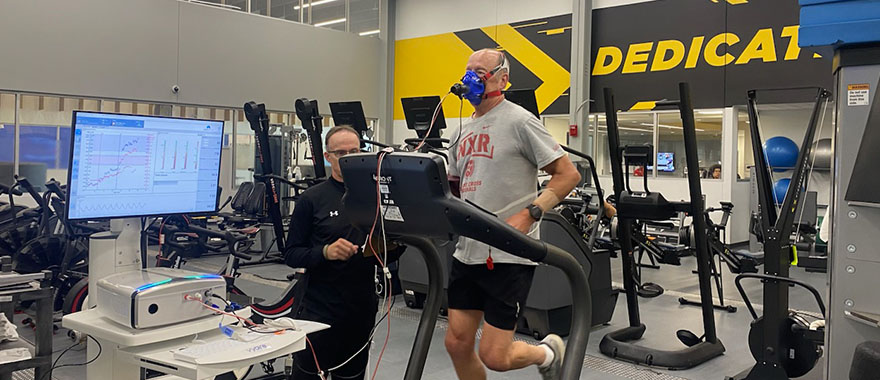Young athletes get more benefits from multiple sports

Posted: November 1, 2022
Every young athlete faces the question of whether to specialize in a single sport or to diversify and pursue multiple. Each approach has its merits and drawbacks, but in the end, the evidence suggests that multi-sport athletes are better off.
Still, the pressure to specialize at a young age has never been stronger. Youth sport specialization nationwide continues to trend upward as young athletes and their parents attempt to forge a path to a college scholarship and even professional play.
Specializing can afford young athletes more time and energy to devote to skill development in their single sport of choice, but as we’ll see, the time spent focusing on a specific skillset can actually hinder an athlete’s overall development instead of shooting them to superstardom. Specializing also poses a higher risk for overuse injuries and burnout.
Help prevent injuries: training programs with Sanford Sports Performance
What’s more, many of the best athletes you know grew up playing multiple sports. According to the scouting research service Tracking Football, 30 of the 32 first round picks in the 2017 NFL draft played multiple sports in high school. In 2018, it was 29 of the first 32. A similar study, reported by the peer-reviewed journal Sports Health, found that just 17% of the NCAA’s DI female athletes had previously competed exclusively in their college sport. The overwhelming majority played at least one other in high school.
Those are eye-opening numbers. They suggest that multi-sport athletes may have a better chance at making it through to the highest levels.
But why might a college or professional coach see more value in the multi-sport experience? Why should young athletes and their parents prefer that approach? Consider some of the benefits:
- Higher overall sports IQ. Problem-solving skills carry over and compound from sport to sport.
- Better understanding of competition and teamwork. Competing on multiple teams improves sportsmanship and teaches young athletes to build positive relationships with different groups of people.
- More fundamental gross motor skill development. Each sport has its own unique range of motions, but they all require and build coordination, balance, flexibility, agility and strength. Mastering more sport-specific techniques makes for more well-rounded athletes by correcting for asymmetries in their athletic toolkit.
- More confidence. It’s simple: A wide range of skills is better for self-esteem than a small set. Multi-sport participation shows kids they’re capable of gaining skills that seemed out of reach at first. This can carry over into other parts of their life.
- Reduced risk for injury. By allowing athletes to rest certain musculoskeletal groups during offseasons—say, their lower legs during baseball season and upper body during soccer season—the multi-sport approach can help keep athletes healthy. Overuse injuries are far more common in athletes who specialize.
But perhaps the strongest argument for multi-sport participation is that it prevents young athletes from experiencing burnout. Often, specializing in one sport comes with pressure and stress. It’s thought that, by specializing, the young athlete should advance in their sport.
At that point, it’s no longer about having fun; it’s about success. That pressure to perform can inspire some young athletes to mentally check out or quit altogether.
There’s nothing wrong with young athletes feeling motivated to perform better, but at the end of the day, very few of them—less than 1% actually—will make a career out of playing sports. That’s why sports should be enjoyable for kids first and foremost.
For most parents, the best approach is to encourage multi-sport participation and leave the choices to the young athlete. This could help keep kids in sports longer, which will benefit them later in life as they work among teammates and face real-world problems. Studies have also shown that multi-sport athletes are more likely than specialists to be physically active later in life.
So, if you’re a parent or a young athlete who’s torn between single-sport specialization and multi-sport participation, just remember: Most young athletes gain more in the short and long run from playing multiple sports—even those with their sights set on college or professional athletics!




